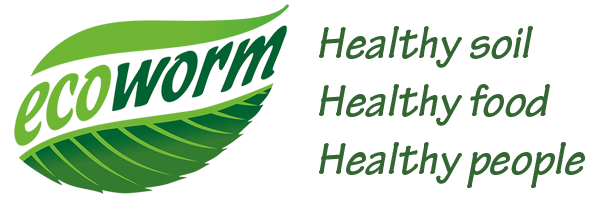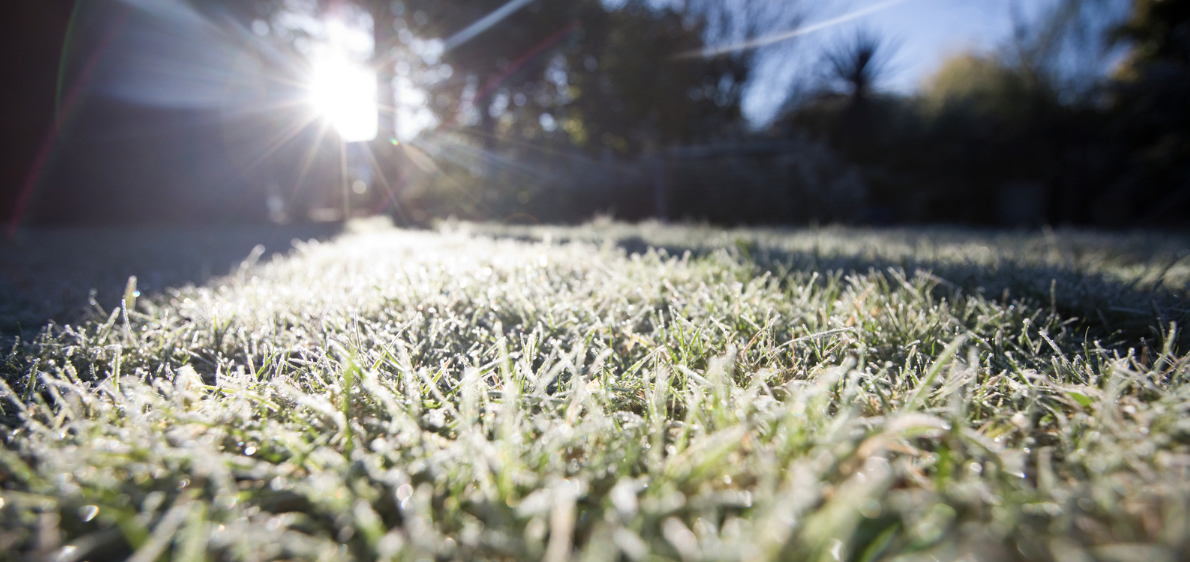As the new year kicks off, January is the perfect time for gardeners to lay the groundwork for a productive and beautiful growing season. Whether you’re starting fresh or continuing from last year, this month provides plenty of opportunities to plan, prepare, and get your garden ready for success. Here’s a complete guide to January gardening tasks tailored to all USDA Hardiness Zones, designed to help you optimize your gardening efforts.
Why January Gardening Matters
January is a transitional month that bridges the winter and spring seasons. It’s an excellent time to clean up, strategize, and get ahead of the gardening rush. Taking care of essential gardening tasks now ensures a healthier garden and greater yields throughout the year.
General January Gardening Tasks (All Zones)
1. Plan Your Garden Layout
Use this time to reflect on last year’s successes and challenges. Map out your garden, plan crop rotations, and decide which vegetables, flowers, or fruits to grow this year. Planning ahead minimizes mistakes and maximizes productivity.
2. Organize Seeds and Supplies
Check your seed inventory. Discard expired seeds and make a list of new varieties to order. Shop early to secure popular seeds before they sell out.
3. Maintenance Check for Tools and Equipment
Clean, sharpen, and oil your tools. Well-maintained equipment makes gardening easier and more efficient.
4. Start a Compost Bin
If you haven’t already, start a compost pile to enrich your soil with organic matter. Use kitchen scraps and yard waste to create nutrient-rich compost for spring planting.
5. Test Your Soil
Soil testing helps you understand pH levels and nutrient content. Add amendments now to give your soil time to settle before spring.
6. Support Wildlife
Set up bird feeders and water sources to help non-migratory birds. They’ll return the favor by keeping pests under control in your garden.
Zone-Specific Gardening Tasks
Zones 3-5 (Cold Climates)
- Start Seeds Indoors: Toward the end of January, plant seeds for hardy crops like broccoli, cabbage, and onions indoors. Use grow lights to ensure strong, healthy seedlings.
- Care for Indoor Plants: Dust leaves to improve light absorption and check for pests. Keep plants near windows to maximize sunlight.
- Inspect Garden Beds: Check for frost heaving and cover exposed roots with mulch to prevent damage.
Zones 6-7 (Mild Winters)
- Weed Your Garden: Remove winter weeds before they take over garden beds.
- Sow Cool-Season Crops Indoors: Start seeds for crops like lettuce, kale, and spinach indoors to get a head start on spring planting.
- Direct Sow Hardy Vegetables: In warmer areas, you can direct sow onions and garlic outdoors under cold frames or row covers.
Zones 8-10 (Warmer Climates)
- Plant Perennials and Fruit Trees: January is the perfect time to plant perennials like asparagus, strawberries, and fruit trees. Early planting gives them a strong start for spring.
- Prune Fruit Trees and Roses: Shape trees and remove dead wood to encourage healthy growth in spring.
- Mulch Root Vegetables: Add mulch to protect carrots, beets, and other root vegetables still in the ground from unexpected frosts.
Key Benefits of January Gardening
- Early Preparation: By starting now, you’ll avoid the springtime rush.
- Healthier Plants: Proper planning, soil care, and seed starting lead to stronger, more productive plants.
- Stress-Free Gardening: Staying ahead of tasks reduces stress and allows you to enjoy the process.
Pro Gardening Tips for January
- Use Organic Fertilizers: Products like Ecoworm Soil Extract and Ecoworm Sapropel Extract improve soil fertility and promote sustainable gardening practices.
- Invest in Cold Frames: Protect seedlings and extend the growing season in colder zones.
- Keep a Gardening Journal: Track planting dates, weather patterns, and plant performance to make better decisions year after year.
Why Choose Ecoworm Products for Your Garden?
Ecoworm’s organic fertilizers are perfect for January gardening tasks. Our Ecoworm Soil Extract helps improve soil structure and fertility, ensuring your plants get the nutrients they need. For a cleaner garden, try our Ecoworm Potassium Soap, an eco-friendly solution for tackling pests and cleaning tools. With products certified for organic gardening, you can grow sustainably while protecting the environment.
Final Thoughts
January is your chance to set the stage for a vibrant garden. By tackling these essential tasks now, you’ll enjoy a thriving garden in the months to come. Whether you’re sowing seeds, pruning fruit trees, or planning your vegetable patch, remember that preparation is the key to gardening success.
For more tips and organic gardening solutions, visit Ecoworm Organic.


Comments are closed